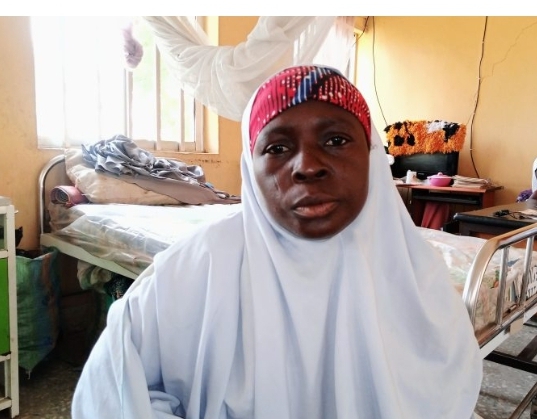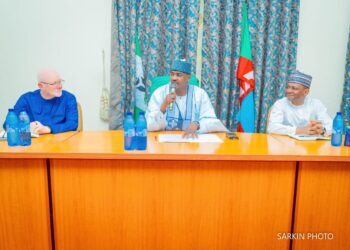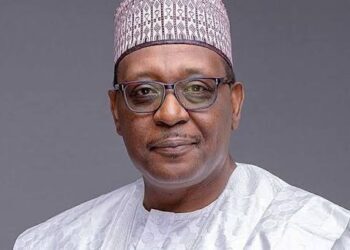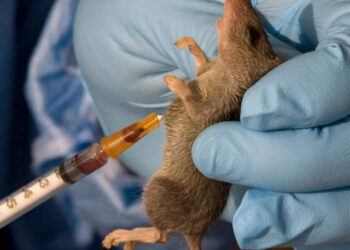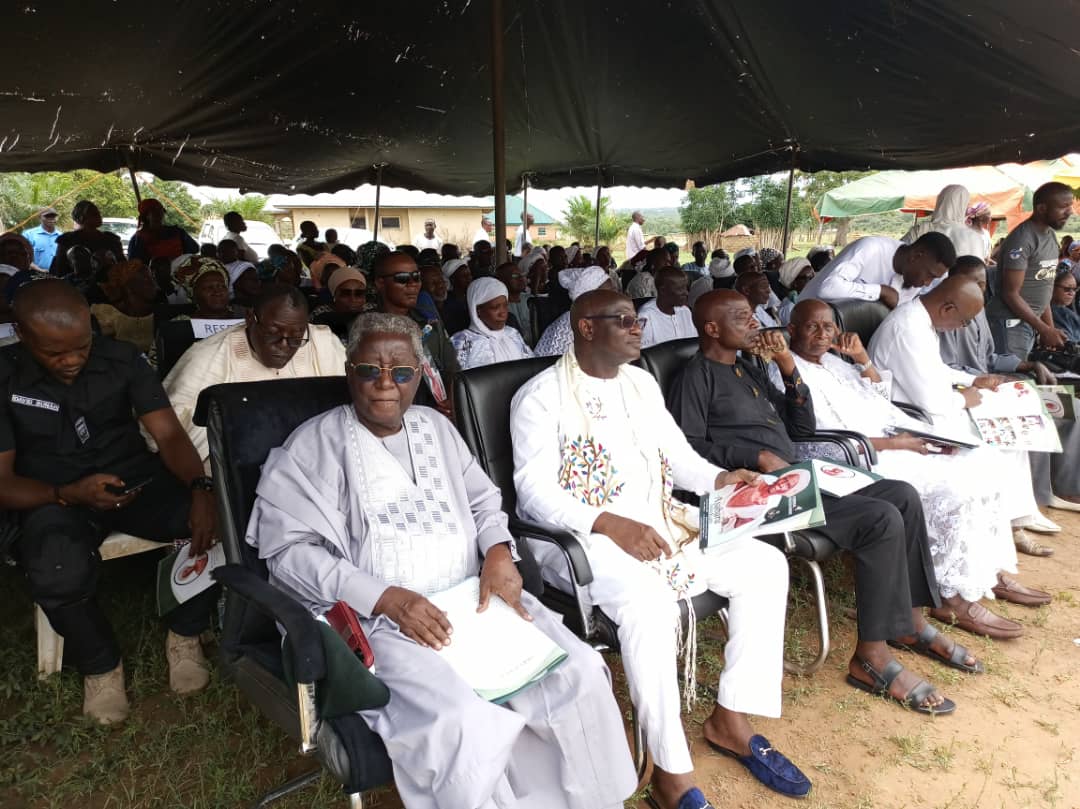Philip Yatai and Hadiza Mohammed-Aliyu Zuwaira Iliya, 46, sits quietly on her hospital bed with catheter showing from the side of her wrapper as she slowly narrates her 30 years of struggle living with continuous leakage of urine and faeces.
Iliya, of Makarfi Village in Makarfi Local Government Area of Kaduna State, has been grappling with Obstetric Fistula.
But she has kept hope alive in spite of what appears to be a hopeless situation.
She told a News Agency of Nigeria Correspondent who was at the Vesico Vaginal Fistula Unit of Gambo Sawaba General Hospital, Zaria in Kaduna State on a special interview to mark the 2023 International Day to End Obstetric Fistula that she would be healed against all odds.
She told NAN that she had lived with VVF and Rectovaginal Fistula for 30 years as she contracted the condition at the age of 16 after her marriage.
Iliya said that she became pregnant soon after her marriage but experienced prolonged labour during childbirth, adding that she lost the baby and also developed both VVF and RVF in the process.
VVF or Obstetric Fistula, also known as fistula, is a childbirth complication which leads to abnormal opening between the bladder and the vagina, causing continuous and unremitting urinary incontinence.
The condition is among the most distressing complications of gynaecological and obstetric procedures which can cause discomfort.
And if left untreated, it may lead to serious bacterial infection, which may result to sepsis, a dangerous condition that can lead to low blood pressure, organ damage or even death.
Similarly, RVF is a communication between bladder and rectum, where faeces pass before getting to the anus, leading to intermittent leakage of faeces into the vagina.
The development of these conditions, therefore, plunged the young Iliya into a life of agony.
And for the past 30 years, she said she had been struggling with depression, rejection, ridicule and abandonment.
She said: “I was married off at the age 16 and immediately became pregnant. When it was time to deliver the baby, I went into labour for three days.
“I was taken to the hospital for delivery, but had a big cut to enable the baby to come out and that was how I developed VVF and RVF.
“Thereafter, I was taken to a hospital in Kano, where I underwent surgery three times without success. And from there, I was taken to another hospital in Jos, Plateau State, but instead of performing a surgery, the doctor referred me to this VVF Unit in Zaria.
“Here in Zaria, I was operated twice, but still I continue to leak urine and faeces. Notwithstanding, I am still hopeful that maybe, just maybe if I undergo another surgery, I will be healed.”
Describing her life as “a very sad one”, Iliya said her husband divorced her in Kano because of the condition and she returned to her parents house.
She added that while trying to get better when her parents took her to the hospital, her mother and father died, leaving her all alone.
She explained: “My life is a life of agony because I was with my mother here in the hospital when she became ill and died, four days after my second surgery. I went to her burial with this catheter on me.
“And just when I was waiting for another surgery, I received a message that my father was ill. I left the hospital to look after him and he also died.”
However, in spite of the visibly hopeless situation, relentless Iliya said she would not give up, adding that she hopes to get better and one day give birth to a child.
She said: “I have seen how some VVF survivors were operated on and were healed, went back home, became pregnant and then returned to the hospital and delivered their babies through Caesarean Section.
“This is why I am still hopeful that all is not lost and I have resolved to stay and get well so that maybe God will give me a child.”
On her part, Hajiya Fatima Umar, the Head of the VVF Unit at the Gambo Sawaba General Hospital in Zaria, said there are more than 20 irreparable fistula cases on the hospital list waiting for help.
Umar said some of the women have even made the hospital their homes, while others live in communities but maintain contacts with the facility.
She added: “Actually, the women have not been finding it easy staying in their environment or in their homes.
“Sometimes if they come and they are examined, or if they hear that other doctors are coming from somewhere, they will come.
“If they come, the doctors will examine them.
“Even if the doctors say they can’t operate on them, they will still come after a while because they are already comfortable with the hospital environment.
“They prefer to be in the hospital than their homes because nobody is rejecting them here.”
Also, Dr. Ado Zakari, the Fistula Surgeon and Consultant, Public Health Physician, said most of the irreparable fistula cases were caused by quacks.
According to him, there is nothing doctors can do if the fistula is too wide and the damage is extensive.
Zakari said: “There are situations where the damage becomes extensive and there is nothing we can do because it is just the question of getting available tissue to repair.
“A situation where the entire tissue has been damaged, there is no way it can be repaired.
“This is because most quacks have no knowledge of anatomy; they operate anyhow.
“They take out everything, even the bladder tissue and when you look at it, there is no way you can repair it.
“You cannot create any tissue anywhere and close the fistula. Fistula is a hole, it is a communication, and if it is so wide, where will you get the tissue to repair it?
“We have such cases; they are irreparable. We cannot repair them.”
Philip Yatai and Hadiza Mohammed-Aliyu report.


